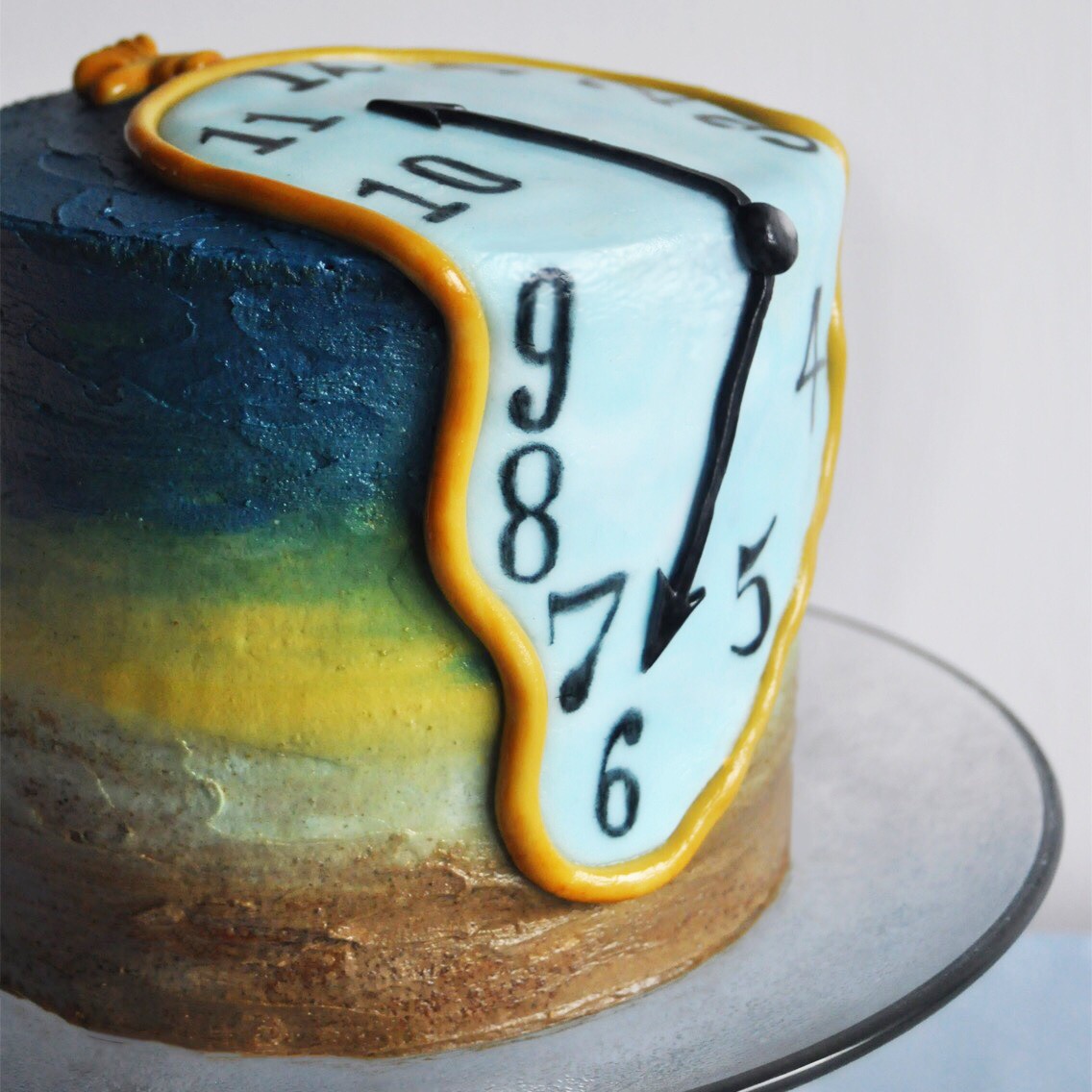The purpose of this blog is to enable some soul-baring at the Shabbat table. Please print and share.
A deep thank you to all those who helped make our "Giving Tuesday" appeal (here) a great success. PS - It's never too late to join the party.
In memory of Marshall Bach, Moshe Topas and others who have recently left us.
And in case you got distracted, here is a reminder of the days, hours and minutes until Channuka.
 This morning I paid a shiva call to a family who lost their son a few days ago to an overdose.
This morning I paid a shiva call to a family who lost their son a few days ago to an overdose.With that brief intro, here's the first question for your table:
What mental image do you have of their son at this point?
Frankly, I didn't know their son at all, never even met his mother, only know his father casually. So everything I'm about to tell you I learned just this morning.
First, their son was brilliant. He loved biology, was very good at it, and completed a pre-med degree in under four years.
As an undergraduate, he worked with a professor on biomedical research and co-authored a paper.
He was accepted to the Technion Medical School.
Perhaps due to his brilliance, his chemical addictions did not follow a smoothe, predictable trajectory.
They involved alcoholism rooted in his teenage years, drugs readily available during his gap-year in Israel, pain medication supplied liberally after a motorcycle accident, several stays at rehab centers.
And through it all, an extremely loving and caring family.
At the shiva, his father told about the graduation ceremony from rehab.
Each participant stood and said, "My name is So-and-so, and I'm an addict."
His son stood and said, "My name is Moshe, and I'm an addict, and I'm a Jew."
His father also quoted a Talmudic passage about the famous rabbis healing each other:
R. Hiyya b. Abba fell ill and R. Yohanan went in to visit him. He said to him: Are your sufferings welcome to you? He replied: Neither they nor their reward. He said to him: Give me your hand. He gave him his hand and he raised him.
R. Yohanan once fell ill and R. Hanina went in to visit him. He said to him: Are your sufferings welcome to you? He replied: Neither they nor their reward. He said to him: Give me your hand. He gave him his hand and he raised him. Why could not R. Yohanan raise himself? The prisoner cannot free himself from jail.
I see at leats two profound lessons there.
Let's break it down.
First of all, why does the visiting rabbi ask, "Do you want this illness?"
What kind of question is that? Why would anyone want an illness?
You'll probably get some very interesting answers from your table.
In my opinion, think the answer is clear in the patient's reply. The reason a person may want (or at least accept) an illness is due to the concept of tikkun - that ever adversity that we experience is for our own good, to help us in some way.
His question in effect is, "Is the sickness bearable in light of the putative benefits, or is it unbearable?"
It reminds me of another person who died recently, a lifetime San Francisco resident, of lung cancer. Like all lung cancer patients, his last days were of unbearable suffering.
"I want neither the illness nor its benefits!"
A second take-away, it seems to me, is the role of the patient. In many cases - especially addiction - he has to want to recover. And he has to want to every day.
Hopefully we can encourage him and help him find motivations, but the will has to be real.
A third piece of wisdom, it seems to me, comes from the fact that the healing comes by asking him to grasp his hand, and by the analogy to a prisoner.
It seems to me that too many of us want to go it alone - whether it be in recovery, weight-loss, investing, or even home repairs. DIY is praiseworthy but there is no shame - in fact there is tremendous praise - to someone who ignores his or her ego and asks others for help.
If someone helps you climb the mountain, it doesn't make you any less heroic and in fact a shared summit is sweetest.
Shabbat Shalom
and
Happy Channukah (however you spell it)
PS - If you're still scrambling for Channuka, you may want to click here.

